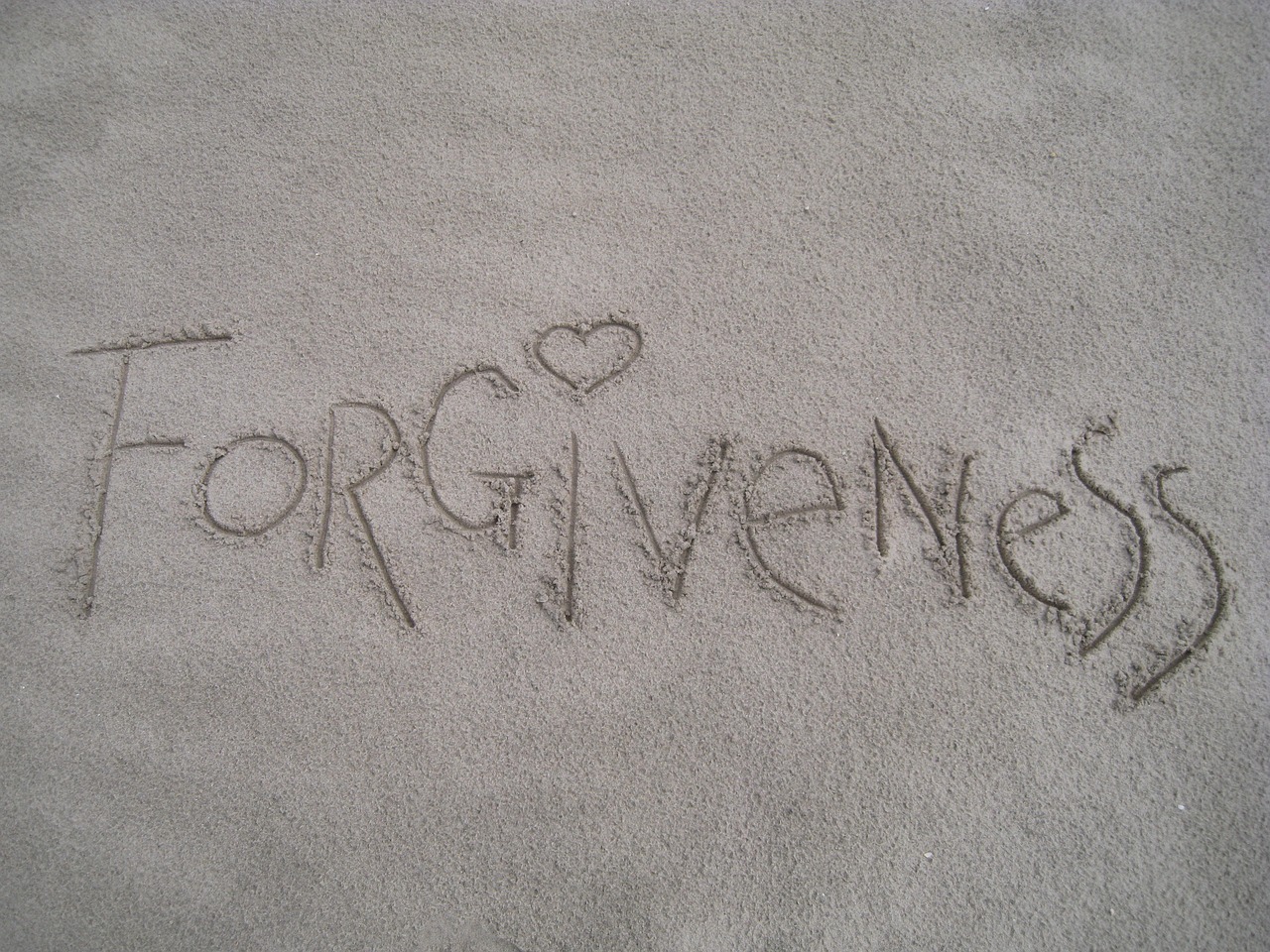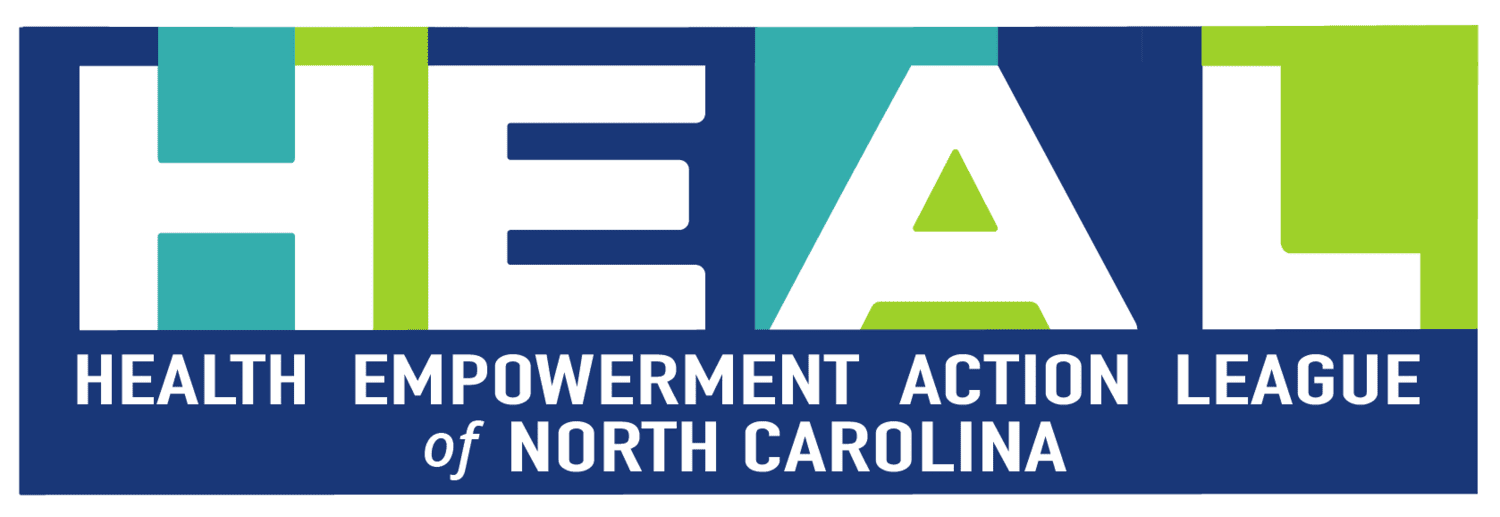
Is Forgiveness Good for Your Health and Your Life?
Is Forgiveness Good for Your Health and Your Life?
by Connie Domino, BSN, MPH, RN
HEALNC columnist Connie Domino is an author, life coach, public health educator, registered nurse, trainer and speaker. Her book is The Law of Forgiveness: Tap into the Positive Power of Forgiveness—and Attract Good Things to Your Life (Berkley Books, an imprint of Penguin and Putnam). She lives in Raleigh, NC with her husband and two cats. You can find her at conniedomino.com.Can forgiveness improve your health and help you meet your life goals, or is forgiveness just a nice thing you do for other people? Come with me on my journey to answer these questions. Several years ago, I began teaching a workshop on goal setting for a church group. I thought this was a good place to begin because I first learned about forgiveness in church. I remember our minister talking about the importance of forgiveness and how Jesus had made it a central part of his ministry. We were taught to forgive others as God had forgiven us. I would think of my current hurts and grievances, and I would wonder how to forgive, and how do I know when my forgiveness had worked. If my feelings of hurt and anger arose, had I really forgiven?
I noticed in my goal setting workshops, my divorced participants' goals were not coming true as quickly as those never married or never divorced. I noticed they held onto a great amount of resentment and anger with their ex-spouses. It was all about Exes and Money and Money and Exes. There were also other participants angry at family members who appeared to be held back from obtaining their goals by a lack of forgiveness. That is when I began studying forgiveness and made some amazing discoveries.
I began looking in academic literature to find out if forgiveness had been studied scientifically. To my amazement, quite a few studies had been conducted on forgiveness, and it had held up to the scrutiny of the scientific method. Dr. Fred Luskin worked on A Campaign for Forgiveness, an organization that supported scientific research about forgiveness. Dr. Luskin writes about studies conducted at the University of Tennessee and the University of Wisconsin - Madison, which found physical health benefits related to forgiveness, including fewer medically diagnosed chronic conditions, lower blood pressure, less stress, and fewer physical symptoms from illness. Subjects participating in forgiveness studies report less depression, an improved spiritual connection with God, and an overall improvement in physical and mental well-being. If this was a medication, it would be a wonder drug.
Most research I studied looked at physical, mental, and emotional benefits, but no one has studied whether forgiveness would assist people to meet their life’s goals. I was eager to find out. However, I had to develop some guidelines to teach people about the nature of forgiveness and then to teach them “how to” forgive using an easy technique consistent with their faith tradition. The guidelines were to answer questions the participants had about forgiveness.
Who Should I Forgive? You should forgive everyone you can remember, living or deceased, from the sandbox through today. You can also forgive institutions, political parties and governments, etc. People worked in these organizations, remember; it’s still people you are forgiving. Make a list of people you need to forgive and work down your list.
How Do You Know I Need to Forgive? You know you need to forgive someone if, when you think of them, you feel hurt, anger, or resentment.
What If Someone Needs to Forgive You? - You can make a list of these people as well. You can use the same forgiveness statement you use to forgive others but change the words for others to forgive you.
Forgiveness is Something You Do For Yourself - Many people think forgiveness is a weak strategy that involves giving in to people who hurt you. This thought cannot be further from the truth. Forgiveness is one of the strongest and most loving things you can do for yourself and others. However, it doesn’t mean that what the person did to hurt you was acceptable or correct. Forgiveness is not the same thing as pardon. People should be held accountable for their behavior if it is unethical, immoral, illegal, or all three. Far from being a weak strategy, forgiveness can help the wheels of justice move, which is something I learned after working with numerous people in workshops and in my coaching practice.
Do I Need to Contact the Person I Am Forgiving? The answer is “no” you do not need to contact the person you are forgiving. It will work just the same. You can reconcile the relationship if you want to, but you don’t have to for forgiveness to work. You can forgive in the privacy of your own home.
What is Required for Forgiveness to Work? Only that you are sincere. You cannot say, “I forgive you, you old so-and-so. I forgive you, you mean terrible person.” You may still be angry with the person, and that’s fine; forgive them anyway. And, if you work on forgiveness, eventually your anger and resentment will fade. Forgiveness will still work if you are angry, as long as you’re sincere.
The Other Person May Be Affected as Well. You may wonder how the other person can be affected when you are forgiving them in the privacy of your own home and not contacting them. This is the most surprising thing that happened when I taught people to forgive, that there were supernatural results for many people. I think it can be scientifically explained, and our science is still catching up. Jesus certainly knew the power of forgiveness and its ability to change people and change the world. Workshop participants and coaching clients who had forgiven using a simple technique I taught them would report that sometimes people they had forgiven would contact them out of the blue and want to mend fences. They also reported they received money, checks in the mail, from people who had owed them money for years. Some reported old lawsuits were suddenly settled. Also, if an injustice was committed against them, suddenly the wheels of justice moved. Many mothers I worked with finally received child support payments they had not received for years. Divorces were suddenly settled amicably. Family members who had not called in years would suddenly contact the person forgiving them. One woman whose ex-husband molested all five of their children said that she had tried to get him in prison for eleven years. When she forgave him, the wheels of justice moved, and he went to prison. Again, not one of these people contacted the people they were forgiving to let them know.
Can you Forgive yourself? Yes, do not forget to forgive yourself. Lack of forgiveness can block your goals from coming true in every area of your life – money, relationships, job/career, and health. Forgiveness is freeing, and some people claim it feels like a heavy stone has been removed from around their necks, making them feel lighter than they have in years. So, can forgiveness positively affect your health? Absolutely, and every other area of your life.
I believe the reason we haven’t discovered how to forgive is the technique is so simple. It’s so easy, that even a child can do it. In the next edition, I will teach “how to” forgive using a simple technique and how to know when your forgiveness has worked.
THIS WEBSITE IS NOT INTENDED FOR PROVIDING MEDICAL ADVICE
